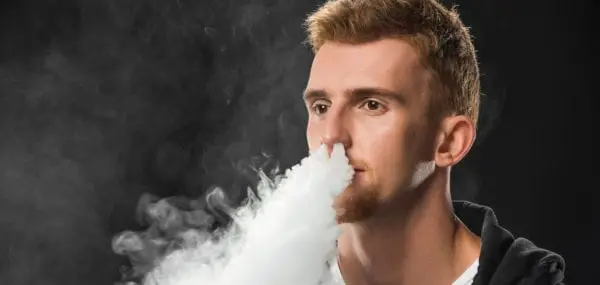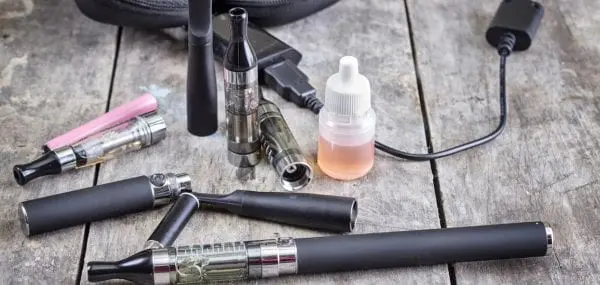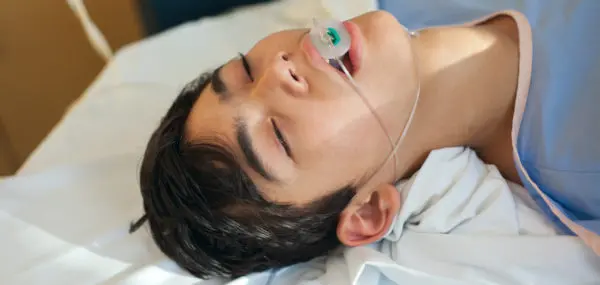One of my favorite things about the holidays is getting to spend more time with my kids. During the school year, our days are a constant state of occupation—school, soccer, gymnastics, church, scouts, and more. But when school lets out for winter break, all of these activities abruptly halt and everyone is home at the same time. I’ve found this is the best time to discuss serious topics, as a family, that might get neglected during the school year—including drug abuse and opioids.
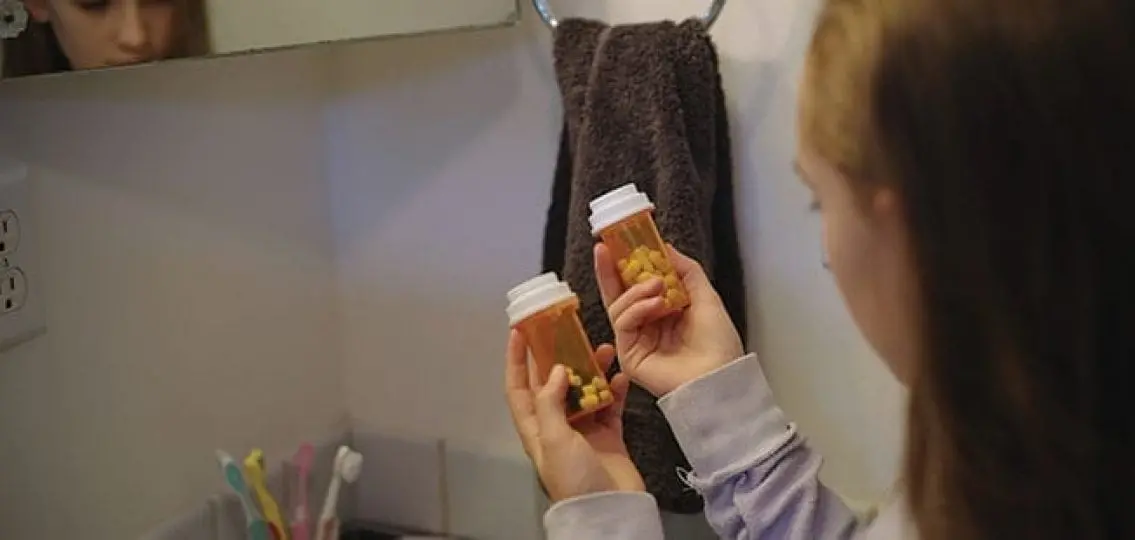
Why is it Important to Talk to our Kids about Opioid Abuse?
Opioids include both prescription medications like Oxycontin and Vicodin, as well as illicit street drugs like heroin. Overdoses can be deadly in people who abuse opioids. According to research from Yale University, nearly 700 people under the age of 19 died of an opioid overdose in 2016.
There is good news, however. Research also shows that opioid abuse among high school students is declining after peaking in 2004. Unfortunately, many young people don’t realize the deadly consequences of opioid abuse. Only one-third of high school seniors think using heroin is dangerous.
What Should I tell my Kids About Opioids?
It is complicated to talk to teens about opioids as they can be both an appropriate medical treatment and a substance that is abused. Here are three important facts to discuss with your teens:
1. Medications should be taken as prescribed.
It is important to explain that you should only take prescription medicine exactly how your doctor tells you to take it. You shouldn’t take more, and you should never take someone else’s medication.
2. Medications can be abused.
You should explain to kids that sometimes people abuse prescription medications to get high. Just because it is a prescription medication, it does not mean that it is safe.
3. Opioids can be deadly.
If someone takes too high of a dose, they can overdose and die, even the first time they take it. Drugs that are sold on the street can be more potent than prescription medications, meaning it can take just a minuscule amount to overdose.
What are the Signs of Opioid Abuse?
Many of the common signs of substance use are also characteristic behaviors of teenagers—such as low motivation and moodiness. That’s why it can be difficult for parents to detect a problem. There are, however, some unique signs that may signal abuse of illicit drugs or opioids:
1. Uncharacteristic behaviors
People who are trying to hide their drug use will often do things that seem out of the ordinary to the people who know them best. For example, your teenager may suddenly change circles of friends. This is even more concerning when they seem to have little in common with their new comrades. They may begin to tell lies about where they are going and who they are with. Cell phone conversations may become unusually secretive, and in severe situations, money or prescription medications may disappear without explanation.
2. Personality changes
Because drugs alter a person’s mental state, they can affect a person’s mood and how they act. For example, your usually considerate child may become disrespectful – especially to authority figures. Young people may react irrationally when confronted by a parent, even about something simple such as spending time with family. Inappropriate responses are especially common when someone is experiencing withdrawal from not using drugs. Another example is when someone is uncharacteristically or inappropriately calm and relaxed, this could be a sign of euphoric feelings brought on by opioid abuse.
3. Changes in appearance
Noticeable signs of illicit drug abuse can include bloodshot eyes, abnormally big or small pupils, track marks on the arms from injecting drugs, or a runny nose from inhaling drugs. Other signs may be less obvious – poor body hygiene and unexplained weight loss or weight gain. Some unique physical symptoms of opioid abuse include constipation, constricted pupils, sensitivity to pain, and slurred speech.
What Should Parents Do if They Suspect a Problem?
The first step is to talk to your child. Ask them to explain any warning signs you’ve observed. Talk to them when they return from hanging out with friends. If they admit to using alcohol or illicit drugs, try to uncover what they are using and how much to determine what kind of problem might exist.
Addiction, now called substance use disorder, is a progressive disease—meaning it worsens over time if untreated. The good news is that there are effective and evidence-based treatments. If you think your child might have a problem, it is best to take them to see a medical professional. Unfortunately, people who have problems with drugs are often resistant to help, which is an effect of the drug’s impact on their mental state. Resistance is often a sign that someone does, in fact, have a problem.
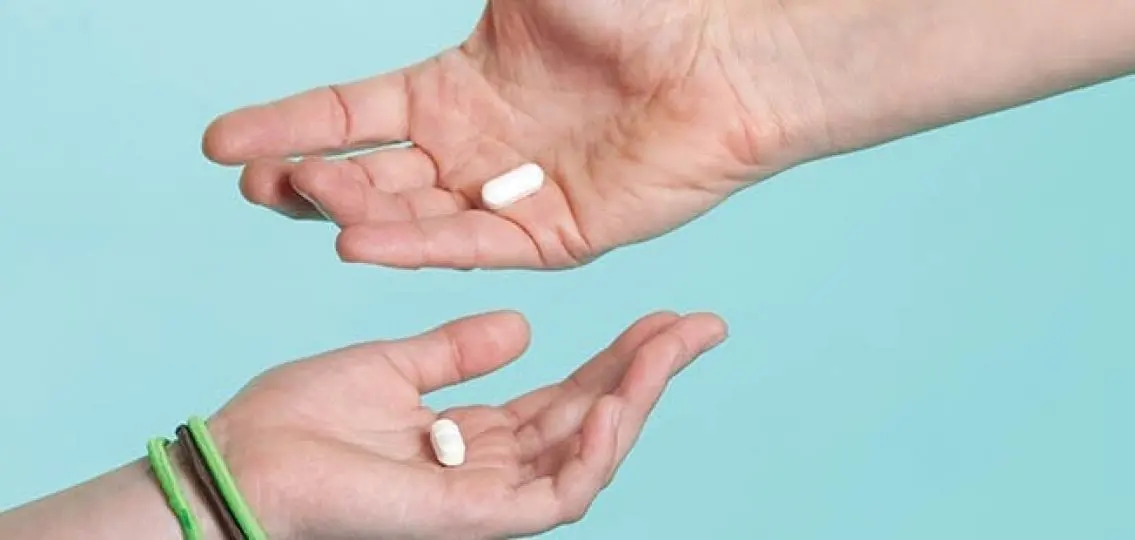
SAMHSA has a free national helpline to help identify treatment facilities, support groups, and community organizations for people dealing with substance use disorder: 1-800-662-HELP (4357).

